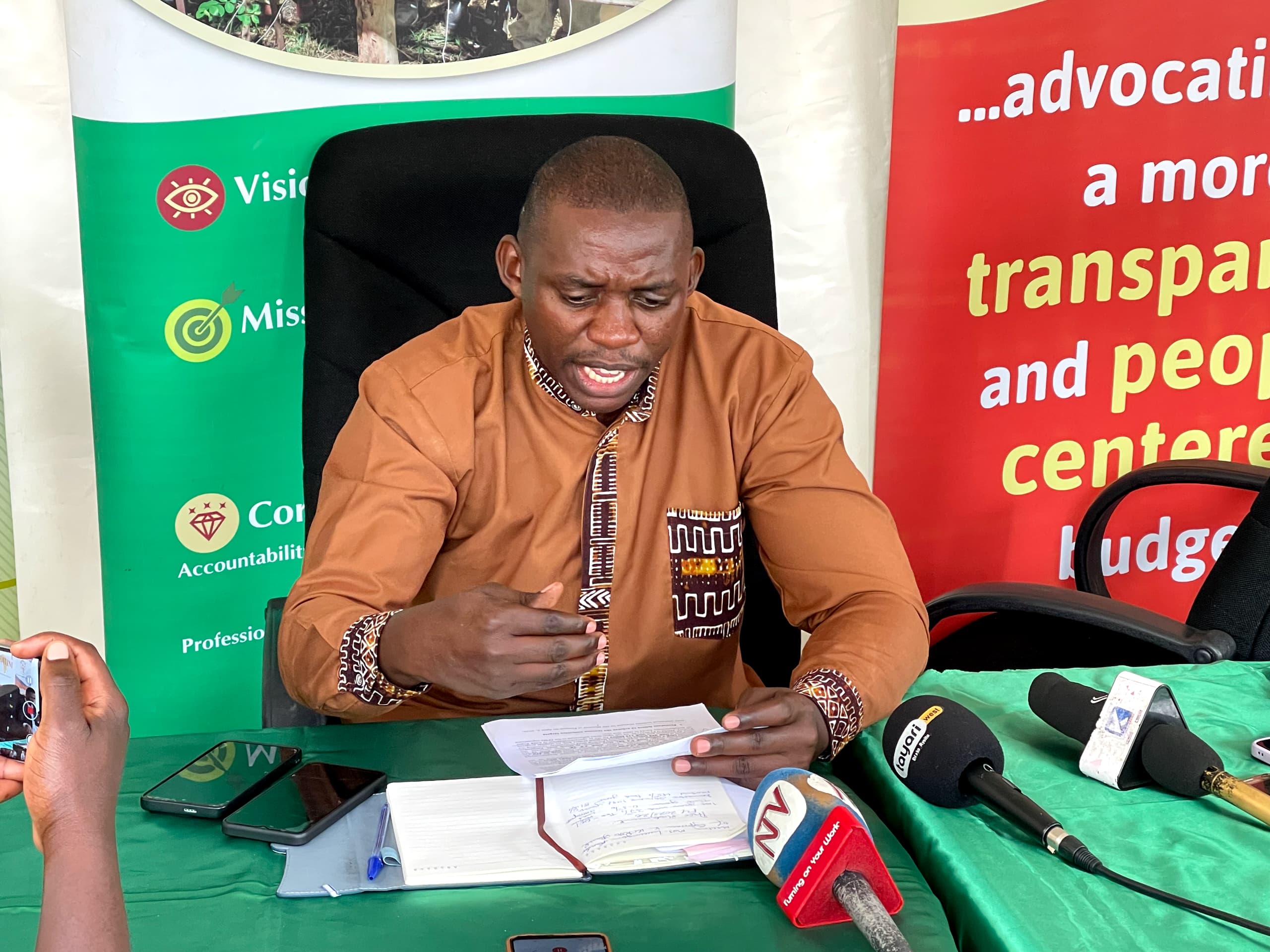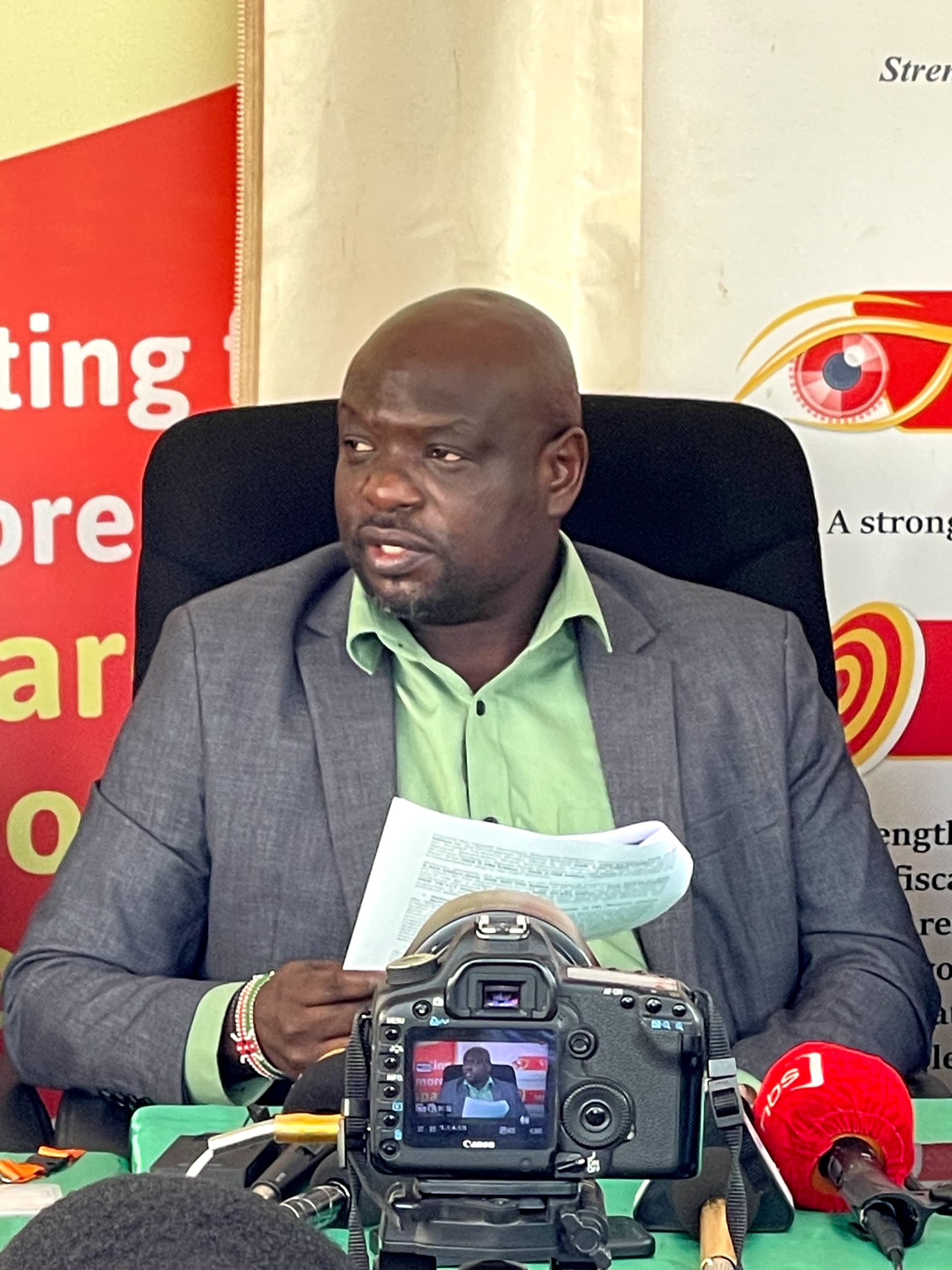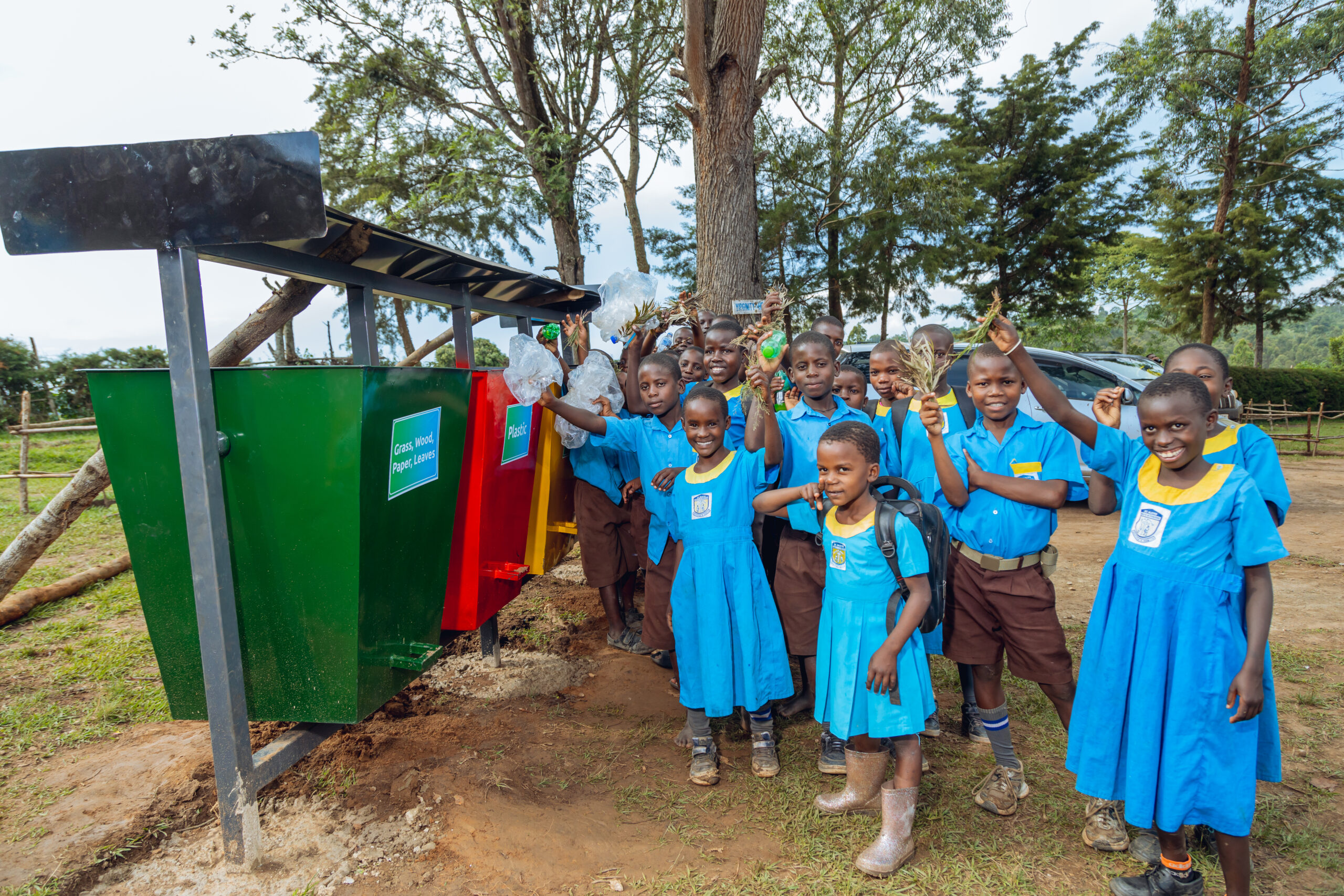Uganda’s FY 2025/26 budget fails climate commitments, squeezes Local Governments

Civil society actors have strongly criticised Uganda’s newly approved UGX 72.37 trillion national budget for FY2025/26, citing deep funding cuts to climate-related programmes and stagnation in local government financing. The remarks came during a press briefing held today in Kampala, organised by the Civil Society Budget Advocacy Group (CSBAG) in partnership with organisations such as Participatory Ecological Land Use Management (PELUM) Uganda and the Advocates Coalition for Development and Environment (ACODE).
Climate action at risk
Allan Ssebulime, Country Board Member at PELUM Uganda, expressed alarm over a UGX 379.93 billion (51%) reduction in funding for the Climate Change, Natural Resources, Environment and Water Management (NCCLRW) programme. The budget for this critical area dropped from UGX 744.83 billion in FY2024/25 to just UGX 364.9 billion in FY2025/26.
“We commend the government for the strong climate policy frameworks and the recent launch of carbon credit regulations,” Ssebulime noted. “But such a sharp funding cut risks rendering these policies mere aspirations with no tangible impact on the ground.”
He acknowledged the progress made in mobilising $52.3 million in climate financing by December 2024, yet warned that without sufficient investment, Uganda’s vulnerable communities could bear the brunt of worsening climate disasters.
“Uganda ranks 12th globally in climate vulnerability, but 163rd in readiness. Cutting this budget ignores the reality of that risk,” he said.
Ssebulime highlighted the contradiction between Uganda’s high compliance score (91%) for climate-responsive budgeting and the significant funding reduction, calling it a “policy-performance mismatch.”

Local Governments left behind
Speaking on local government financing, Oscord Mark Otile, a policy expert from ACODE, expressed disappointment at the continued neglect of Uganda’s decentralised service delivery system.
“Despite the overall increase in the national budget, local government funding has remained stagnant for years and now faces a 6.7% cut,” Otile stated. “From UGX 5.973 trillion in FY2024/25, it’s now down to UGX 5.73 trillion—just 7.7% of the total budget.”
He stressed that this reduction will have direct consequences for critical sectors like healthcare, education, roads, and community development.
“Local governments are the foot soldiers of service delivery. Underfunding them weakens our ability to deliver essential services to citizens, especially in rural areas,” Otile added.
A call for action
Both Ssebulime and Otile urged the government to reconsider its budget priorities and ensure that critical sectors like climate action and local governance are not undermined by funding cuts.
“We need budget allocations that match our policy ambitions,” Ssebulime emphasized.
“If the budget does not empower those closest to the people and those most vulnerable to climate change, then we are failing in our national development agenda,” Otile concluded.
The civil society organisations committed to sustained advocacy and engagement to ensure the budget better reflects the urgent needs of Ugandans on the ground.




